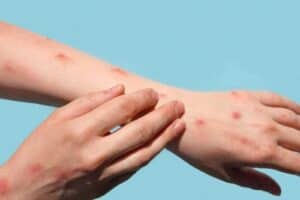Vaccinations will be set up in schools, halls and shopping centres, as well as in general practices, hospitals, clinics and pharmacies.

As South Africa gears itself up for a vaccine registration drive starting on Friday, a medical expert has defended government’s slow-moving programme as being in the best interest of the country.
The department of health last week announced details of the phased roll-out plan, which included the elderly, workers over 40 and those in congregate settings – old-age homes and prisons.
Confirming government’s plan, Dr Lesley Bamford, who is coordinating the roll-out programme, said registration would be open to all, with vaccines rolled out in two phases – on 17 May and 17 October.
ALSO READ: Vaccine distribution key to speedy roll-out
Bamford, who was not available for comment yesterday, was last week quoted by the Daily Maverick as saying vaccine supply would be “somewhat constrained”, but would be eased up significantly after that.
The Pfizer vaccine, requiring two shots, would be rolled out in the metros where the necessary facilities were available, while rural areas would get the single-shot Johnson & Johnson (J&J) vaccine.
Phase two would target those over 60, workers aged 40 and older and those living in congregate settings such as old-age homes and prisons, while people with comorbidities also being specifically targeted.
Government was still to confirm the arrival of the Pfizer vaccine.
Since the Johnson & Johnson vaccine was now locally produced at Aspen Pharmacare’s facility in the Nelson Mandela Bay metro it would shorten the availability time frame to five days.
“We are expecting the first doses from Aspen this month,” said Bamford.
Vaccinations would be set up in public venues, such as schools, halls and shopping centres, as well as in general practices, hospitals, clinics and pharmacies.
READ MORE: SA’s newly detected Covid-19 variants aren’t major cause for concern
An identity document or “equivalent proof” would be needed to access vaccination, with provision made at vaccination sites for people unable to access the electronic system.
People would be screened for Covid-19 at the vaccination sites and those with symptoms would not be vaccinated, but referred for testing.
Commenting on the pace of the country’s registration and vaccination programme, professor Glenda Gray of the SA Medical Research Council (SAMRC) said South African was “not late, compared to other countries on the continent”.






